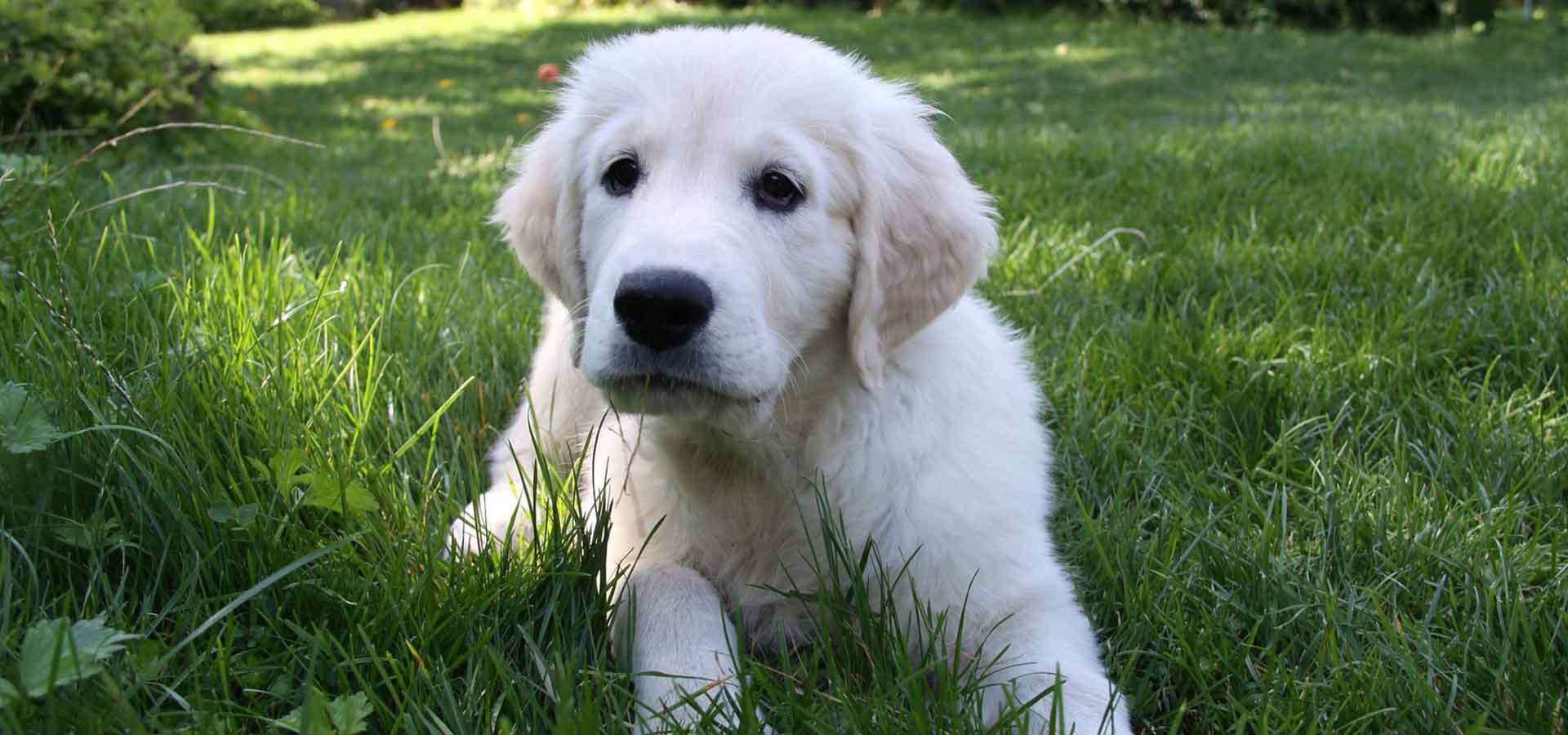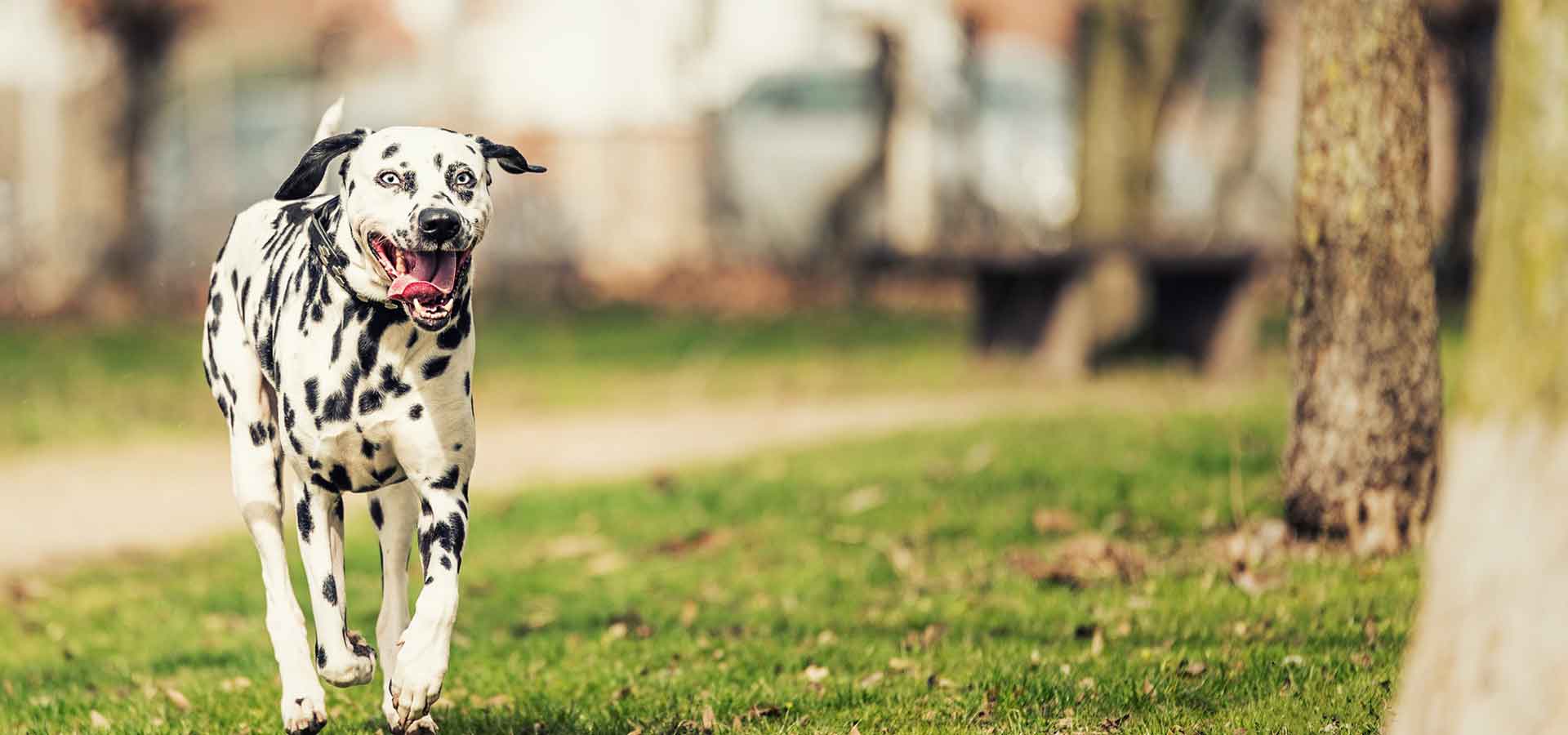When you’ve decided on the correct dog breed that would suit your lifestyle and adapt well to your living habits, the next stage is to find a reputable breeder. There are many factors to consider when buying or adopting a new pedigree puppy, as a responsibility such as this requires a huge investment of money and time.
Investing your time into buying or adopting a new puppy; you will want to ensure that the puppy is healthy and a good fit for your lifestyle. Once the decision has been made on what type of breed you wish to have, this is when the hard work and fun begins!
Before you approach the breeder chosen, you will need to be armed with plenty of knowledge about the breed and a list of questions to ask. Whether you’re looking for a show quality puppy or a cute family pet, you will want to start this whole process knowing that you've chosen wisely and that the puppy has been bred with the right temperament, health and have been appropriately cared for before you take them home.
No two puppies of the same breed are exactly the same. The vast amount of variation between pedigree puppies of the same breed, depends totally on the breeding process. You will want to know all you can about the future of the breed line and how you can play a part in improving the quality and maintaining the standard of a high-quality dog breed.
To help you with this process, we have listed below some important questions for you to ask the breeder.
Are the Sire and Dam available to see and what health tests and vaccinations have they had?
If you can you should always view the sire and dam of the puppy. The Sire isn't always available to view as the breeder may have used a stud dog instead. However, in most cases the sire should be available to see as she will still be helping raise the puppies until they are fully weaned and ready to he let go. If the Dam isn’t available to view then this should be a red warning flag and you should walk away and report them.
Hopefully, you will have seen the puppies parents and be happy that they’re healthy and showing no signs of neglect and poor health conditions. This would be a good time to ask to ask what health tests the parents have had and their puppies. Unfortunately, some pedigree dogs are prone to inherited genetic health problems more than other breeds. Many of these health conditions can be tested before the breeding process.
You should be aware if your chosen dog breed susceptible to genetic health conditions and what this means for their future health and how this can impact you emotionally as well as financially. You will need to ask the breeder if they've done any tests on the puppies and/or the puppy's parents. A responsible breeder would have done these tests to minimise the health conditions passing these conditions on down the line.
As well as understanding whether the puppy you have chosen has had any health tests you must also check that they have received their vaccinations. When the puppies reach eight weeks of age, they should have received their first of the two stage vaccinations and also had their flea and worming treatments. If this hasn't been done, then should be a warning sign that the breeder is most likely lacking in other important factors during the breeding process. With this, you should be inquisitive and look elsewhere.
It's worth checking any paperwork to verify the vaccinations and to also take these with you when you take the puppy home.
Socialisation and behavioural testing
The first 12 weeks of a puppy's life are very formative and this is when they will develop their personalities. An experienced breeder would have spent this time socialising the puppies and working on their temperament, making sure they are well adjusted to life and interaction with humans.
It is important that the puppies have been in the presence of people and have been handled correctly, including being picked up. The puppy should have also been exposed to day-to-day household life, getting used to the sounds, and the coming and going of people to the breeder's house.
An experienced breeder will be able to discuss the personality and behaviour of each individual puppy with the potential owner.
Check the puppy's diet plan
Knowing your puppy's diet is a question to ask when you’re ready to make an offer to the breeder. A responsible breeder will provide you with enough food left over to continue feeding your puppy exactly the same diet for a few days when you take them home.
The breeder should also provide you with a specific diet planner that shows their feeding to date and recommendations on how this changes when your puppy grows. If you’re unsure on what to feed your puppy, you must speak to your vet on a suitable diet plan. All reputable veterinary practises sell high-quality pet food and can advise on diet plans relating to your puppy's health and needs.
Formal contract of sale
Your breeder should be offering a formal contract on the sale of their puppies, which should clearly stipulate what to expect from the breeder should anything go wrong, or the puppy's health declines. However, some breeders will also have caveats based on the sale of their dogs. Such as whether the puppies have been spayed and neutered. It's worth finding this out in the early stages to avoid any disappointment.
Final examination with your own vet
As you’re well aware buying a puppy is a huge commitment on your time and purse strings. Before buying your puppy, it's worth considering having your own vet to examine the puppy in question. This would have to be done at the convenience of the breeder and could potentially flag any health issues.
As previously explained some dog breeds are predisposed to genetic health conditions and you want to be certain that the puppy you are buying or adopting is healthy and has been well cared for. Your vet will be able to give the puppy a full examination and give their expert opinion on whether the puppy is healthy or has ill health.
If the breeder refuses to let you do this, or insist on using a vet of their own, then you should be cautious and look to choose another breeder.




